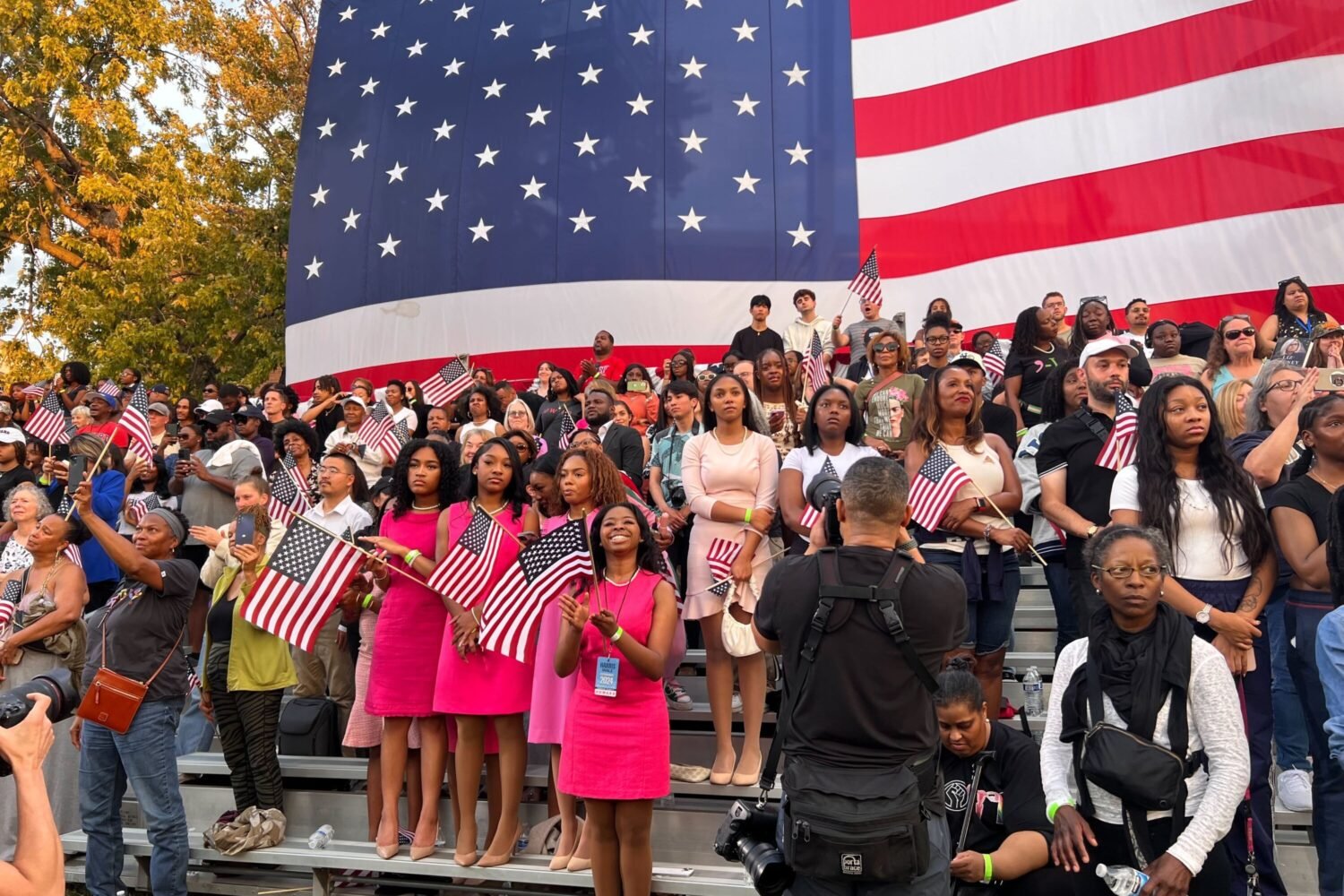Joe Biden’s selection of Kamala Harris as his running mate has set off an attempt to brand her as a member of Generation X, the relatively small demographic cohort whose lack of identity became its nickname. Pew Research defines people born between 1965 and 1980 as Gen X. Few Gen X’ers have achieved real political power, so it’s understandable that some would like to count her among what Pew calls “America’s neglected ‘middle child’ ” generation.
But, sorry, she’s a boomer. Rules are rules, slackers. Kamala Harris was born October 20, 1964. It’s the very tail end of the Baby Boomer generation, but just like Halloween doesn’t take place in January, 1964 cannot be 1965. Kamala Harris is a boomer.
The argument that she’s an honorary Gen X’er is compelling: After all, some people Gen X’ers know well were born in 1964: Courtney Love. Tom Morello. Eddie Vedder missed Pew’s cutoff by seven days. But if we count them as Gen X’ers, then we also have to count Sarah Palin, Anthony Scaramucci, and Nigel Farage. (Harris is in fact the only boomer on the Democratic ticket: Biden, born in 1942, is a member of what demographers call the Silent Generation.)
Even if you feel that the lines between generations should be regarded fuzzily, evidence that Harris is culturally Gen X is as thin as the walls in Melrose Place. Washington Post columnist Petula Dvorak cites the fact that Prince (born 1958) and Phil Collins (born 1951) are on her summer playlist. But so are Lizzo (born 1988) and Ariana Grande (born 1993)–does that make her a millennial? This playlist draws on music from the past five decades and places Harris exactly nowhere, generationally.
It’s absolutely legit that some people born at the hinge of two generations can be a kind of subgeneration—xennials don’t fit in neatly with either Gen X or millennials, for example. There’s no need to come up with a new term for people born the same year as Harris, however—”late boomer” already exists. It may suck to be a late boomer, but if there’s anything someone adjacent to Gen X should understand, it’s disappointment.



















